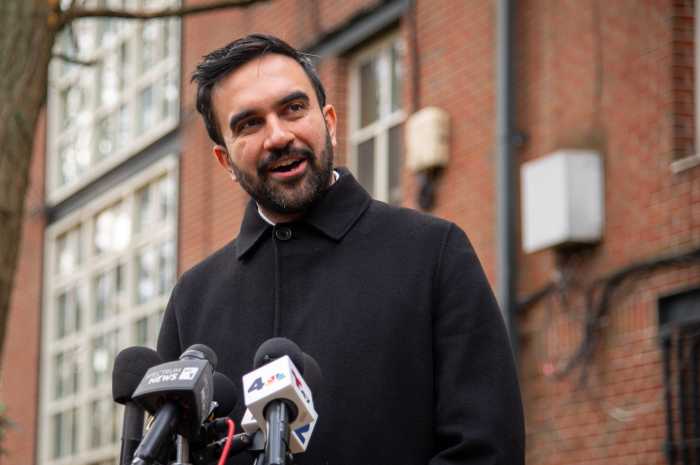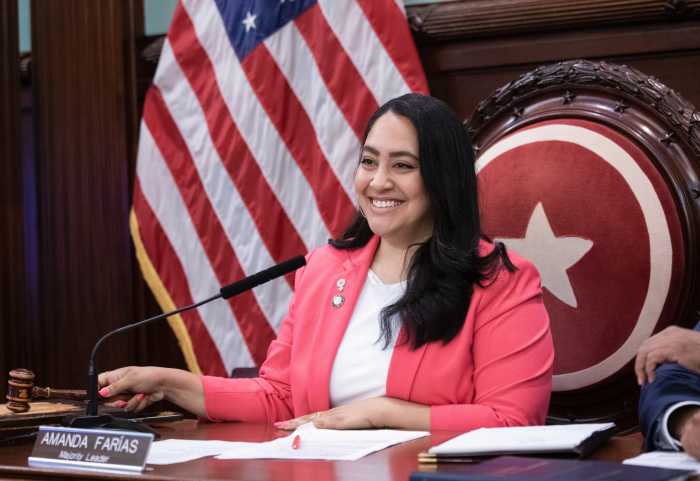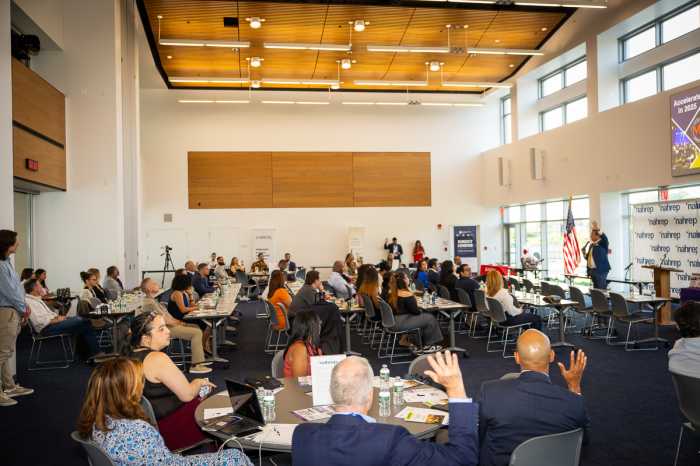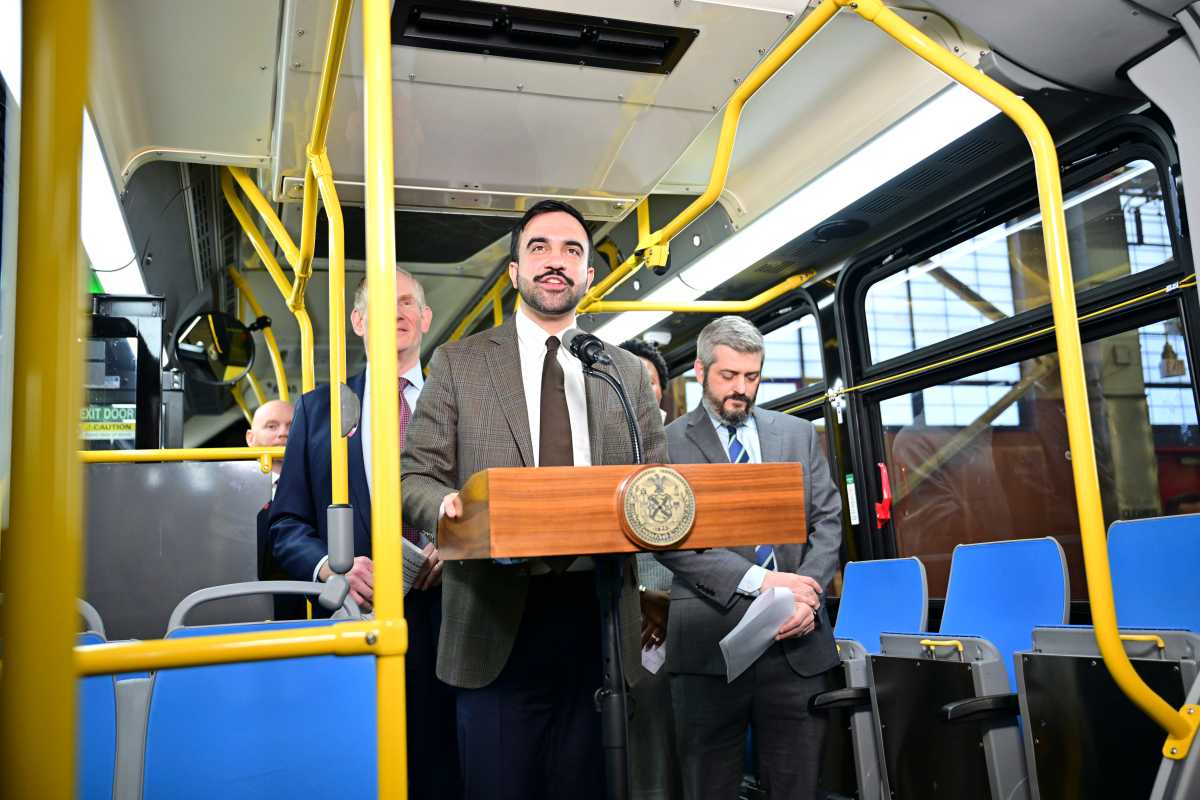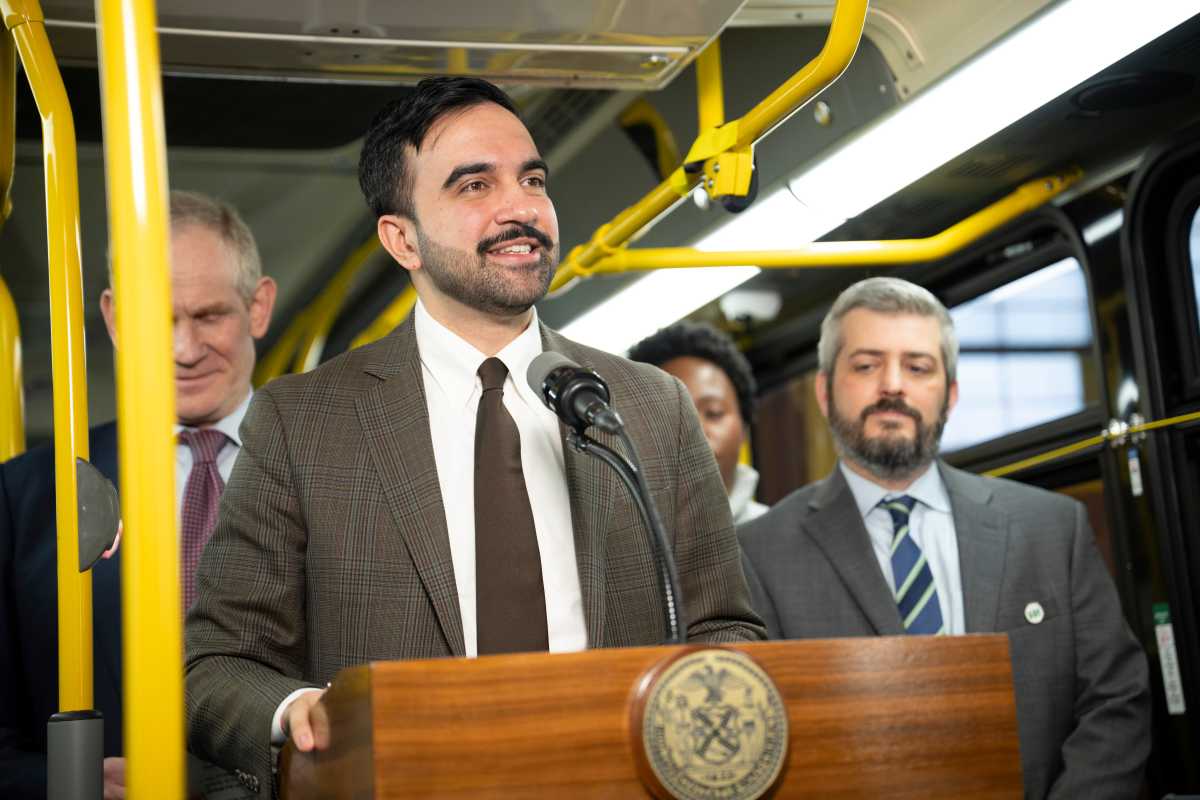With artificial intelligence driving growth, New York is home to the world’s second most valuable startup ecosystem, according to the latest report from Startup Genome. In previous years, the Big Apple was tied with London, which has slipped to third place. This is great news as AI is transforming industries—from financial services to Main Street shops and restaurants—and revolutionizing the way we do business. As this technology reshapes how we learn, communicate and conduct transactions, it is crucial that we ensure the next generation is equipped to use it responsibly, creatively and ethically. We must ensure, too, that New York and the United States continue to lead the AI revolution.
Across sectors, AI is enhancing accuracy, streamlining processes and driving better decision-making. It’s automating repetitive tasks and improving efficiencies. For small businesses, AI levels the playing field by enabling faster customer service and more targeted and effective marketing strategies. These advances are opening opportunities once out of reach for many entrepreneurs, enabling them to scale, compete and succeed. The technology is revolutionizing healthcare, government services and disaster preparedness, too.
As we move into an era where AI is embedded in everything, tech literacy is essential. We need to make sure our students are well-equipped to strategically use and build with these tools before they enter the workforce. This underscores the need for more developers and students in STEM fields generally. Local startups are already building the next generation of AI-powered tools that will fuel the economy of the future, and many of these entrepreneurs will come from communities like the Bronx, where Lehman College is integrating AI to motivate students to be creative and harness these tools to nurture intellectual growth.
Education in AI must go beyond simple use cases––it must also emphasize the values that should guide its application. We must ensure that the ethical guidelines we set for AI are not just theoretical, but practically integrated into the development and use of this technology. Contrast this with what we’re seeing in countries like China, where AI is being used for authoritarian purposes—tracking citizens, suppressing dissent and controlling access to information. This is why we must ensure the US leads in both open- and closed-source AI. While China is rapidly advancing in AI and utilizing the technology to spread authoritarian values globally, every state has a role to play to ensure we are not undermining our own ability to lead on all AI development fronts.
Digital inclusion is paramount. Let’s acknowledge the digital divide by proposing targeted investments in under-resourced neighborhoods, ensuring that Bronx-based students and entrepreneurs have not only the tools but also mentorship and initial seed funding to launch the next breakthrough AI startup or at least give them a chance.
Now, to truly maximize New York’s potential as a global leader in AI, we must do more than just prepare our students. We must ensure the government properly invests in education, supports local startups and encourages businesses and institutions of higher learning to embrace AI-powered solutions. At the same time, lawmakers must avoid enacting laws that could suppress innovation or create barriers to the adoption of AI technologies. Regulations should promote both open and closed source models, ensuring New York’s AI ecosystem remains robust and accessible to the state’s innovators. If we fail to do so, we risk undermining the entrepreneurial spirit that makes New York’s tech ecosystem so valuable and sending our brightest minds to other states or countries with more supportive regulatory environments.
The next breakthrough in AI should come from a startup founded by a CUNY or University of Mount Saint Vincent graduate right here in New York City. By equipping our students with the right skills, ethical guidance and entrepreneurial support, we can ensure that New York remains a leader in this transformative field and that our workforce is prepared to meet the challenges and opportunities of the AI-driven future.
Lawrence Fauntleroy is Vice President of Strategy at the University of Mount Saint Vincent. Sean Stein Smith, DBA, CPA, is an Associate Professor of Accounting at City University of New York’s Lehman College.



